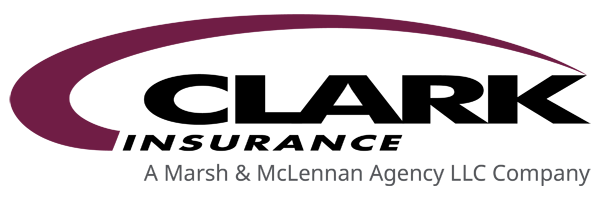18 Aug You don’t have to be a vegan to eat like one

I was a middle-aged, balding guy carrying too much weight when my doctor threw the flag on my cholesterol. With his encouragement, I changed to a vegan diet more than a year ago. Though I am not “a vegan”, I made a personal, non-judgmental choice about my health and my wallet. By choosing to avoid meat and dairy products and eating a whole food, plant-based diet, I took a deliberate step in a positive direction. I didn’t go on a diet, I changed my diet. What made it so easy and does it actually make a difference?
First, it’s not difficult to avoid meat and dairy when eating at home or at a restaurant. You just have to tell yourself “I don’t eat meals with meat or dairy.” When you take that approach, you stop to think about what you are eating. You buy different foods, try new recipes and special-order your meals when eating out. Lots of restaurants are offering delicious main entrees that are vegan or vegetarian. Our cupboard at home now is stocked with a variety of beans, great spices and whole grain pastas. Our refrigerator shelves feature fresh and frozen vegetables, vegetable kielbasa, soy crumbles and flavored hummus. Snacks are whole grains, dried fruit and nuts. Of course, I also enjoy the occasional off-menu treat.
Do I feel better? Yes, but it’s easier to describe how poorly I feel if I eat dairy products or meat. My digestive system now objects to those heavy food groups and it takes longer to feel normal after the meal. That’s a sure sign that my body appreciates the change of diet.
I’m still a middle aged balding guy carrying too much weight but in just two months, my “bad” cholesterol level dropped by sixty points! I was advised to drop my statin medication (savings: $600/year). My Santa shape began to change and in about a year’s time I was down fifteen pounds and two notches on my belt. If I add some regular exercise, I know I’ll be that much further along.
For a quick way to learn about this change of diet, you can watch Forks Over Knives on Netflix.
Now, about those savings. Despite the fact that most of us expect to one day be drawing on Medicare to pay for our health care costs, there will remain out-of-pocket expenses that can run from a few hundred dollars a month for supplemental insurance, deductibles and co-pays to several thousands of dollars for procedures not covered.
In a U.S. News article, Nicole Duritz, vice president of health education and outreach for AARP is quoted saying, “A lot of people looked at Medicare as this Promised Land – ‘Everything is covered, until the end of time.’ I don’t think people have a great understanding of how the system works. They’re surprised at how much they’ll have to contribute.”
Our health status will play a huge role in determining the amount of our out-of-pocket costs.
Chronic diseases, cancers and other costly maladies often are associated with our diet. If we eat more healthfully, chances are we will need fewer prescriptions, shorter hospital stays and less frequent doctor visits as we age.
An additional concern is that Medicare funding is not keeping up with demand. A report issued last month by the Medicare trustees indicated that their current rate of funding for hospital care would have to be cut back by 2030 unless significant changes in utilization, costs or taxes are made.
With the unprecedented numbers of baby boomers qualifying for Medicare and far fewer people contributing to its cost, it seems reasonable to assume that people will have to save even more for their retirement health costs.
No matter what your diet may be, one strategy we recommend is to participate in your employer’s health savings account (HSA) option. By socking away as much as you can now, the more you’ll have to pay those health premiums and costs in retirement. With the HSA , money goes into your account before taxes, earns interest tax-free and you pay no taxes when it comes to spending the money for allowable health expenses. This program is sound public policy that encourages prudent behavior.
But just like changing our diet, we have to change our saving habits. In both cases, however, we should feel a great deal better at the end of the day.



